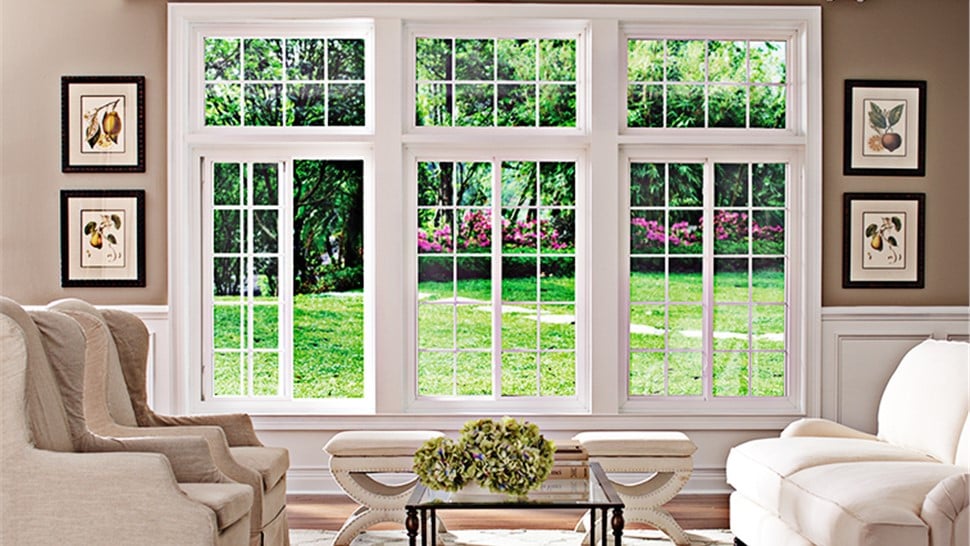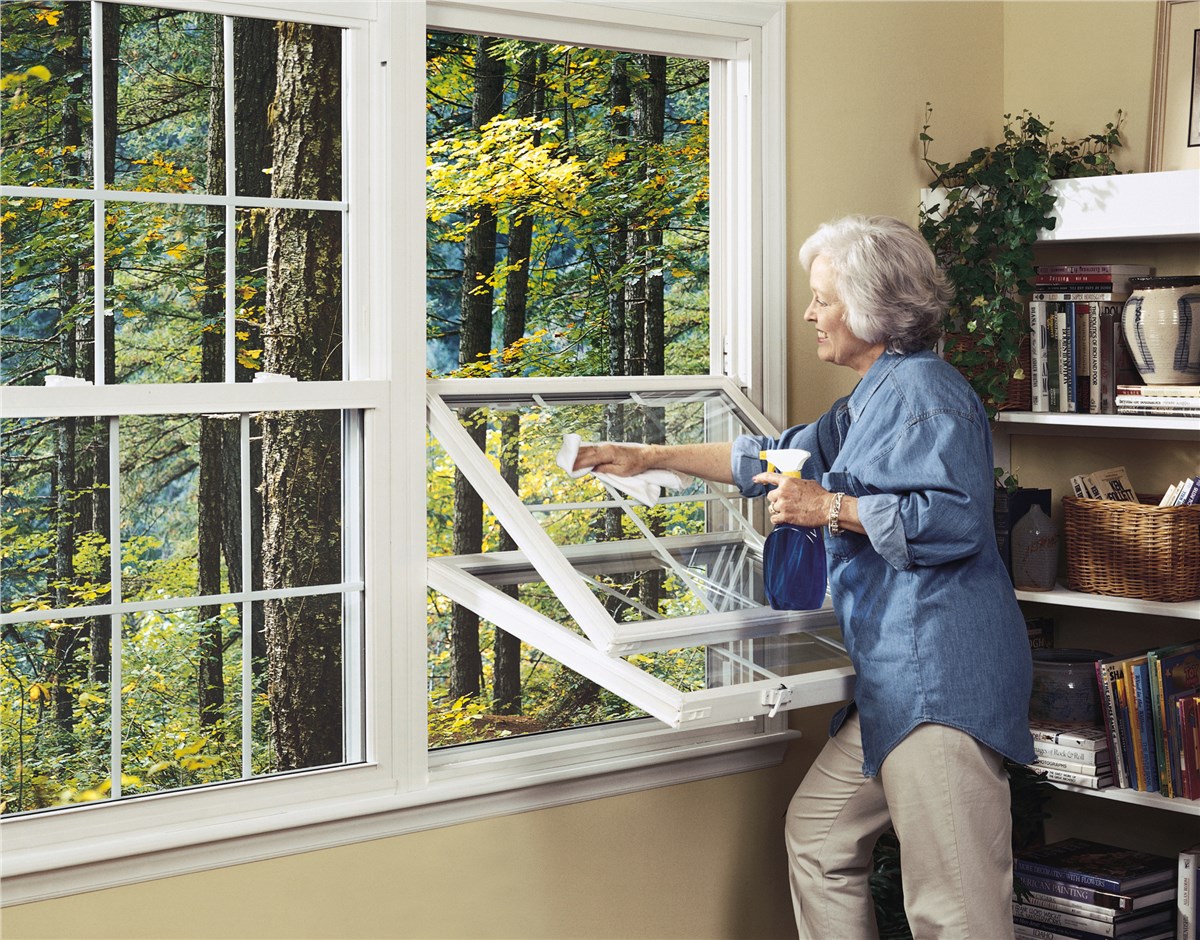Woodlands Window Replacement Solutions for Elegant Houses
Woodlands Window Replacement Solutions for Elegant Houses
Blog Article
Upgrade Your Home With Energy-Efficient Window Replacements
In the realm of home improvement, the choice to update to energy-efficient home window substitutes can dramatically impact both the performance and looks of a residence. Past the surface area degree of plain aesthetics, energy-efficient windows offer a wide variety of advantages that go past plain visual allure.
Advantages of Energy-Efficient Windows

The installation of energy-efficient home windows provides considerable savings on energy bills while improving ecological sustainability. In addition, energy-efficient home windows can assist control moisture levels within the home, minimizing the threat of mold and mildew and mold growth.
Beyond the monetary advantages, energy-efficient windows contribute to ecological sustainability by decreasing carbon exhausts associated with power production. Overall, spending in energy-efficient home windows not only enhances the comfort and efficiency of a home but also lines up with environmentally mindful practices.
Sorts Of Energy-Efficient Glass
Numerous innovative types of energy-efficient glass offer distinct homes that cater to different demands and choices in improving the sustainability and efficiency of structures. Triple-pane glass, consisting of three layers of glass with protecting gas in between them, gives enhanced thermal insulation, making it extremely energy-efficient. Furthermore, self-cleaning glass with an unique finish that breaks down and loosens up dust when exposed to sunlight can reduce upkeep needs and maintain windows looking clean.
Factors to Consider When Selecting
When contemplating energy-efficient window substitutes, it is essential to carefully assess particular aspects that straighten with your sustainability purposes and preferred energy financial savings. One crucial variable to think about is the home window's energy efficiency scores, such as the U-factor and Solar Warmth Gain Coefficient (SHGC) The U-factor actions exactly how well the window insulates, with lower numbers showing better insulation, while the SHGC indicates the window's ability to obstruct warm from sunlight. Furthermore, the window framework product plays a considerable role in energy performance. Products like fiberglass, vinyl, or timber with thermal breaks are excellent selections for reducing heat transfer. Another vital consideration is the home window design and orientation worrying sunlight direct exposure. Selecting the right home window design and purposefully putting them can optimize natural light while minimizing warmth gain or loss. Finally, installation quality is vital to making certain the home windows do as planned. Correct installation aids protect against air leak, ensuring ideal power effectiveness. By very carefully assessing these factors, you can select energy-efficient home windows that improve convenience, lower power prices, and benefit the atmosphere.
Setup and Upkeep Tips

Routine upkeep is key to maintaining the effectiveness of your energy-efficient home windows. Inspect the weather-stripping and seals for any kind of voids or rips and change them if window replacement companies near me required to keep the home windows' power performance. Houston Pella windows.
On top of that, lube relocating components such as locks and hinges to ensure smooth procedure. By following these setup and maintenance suggestions, you can boost the energy performance of your home and extend the life expectancy of see this website your energy-efficient windows.
Cost-Benefit Analysis of Updating

Energy-efficient home windows are made to minimize warmth transfer, lowering the need for home heating and cooling systems to burn the midnight oil. This can cause significant financial savings on energy costs, particularly in areas with extreme temperatures. Additionally, energy-efficient windows can improve the total value of your home, making it much more eye-catching to potential customers if you determine to sell in the future.
When computing the cost-benefit evaluation, element in the potential savings on power expenses, any kind residential window manufacturers of offered motivations or refunds, and the life expectancy of the home windows. While the first cost might be higher, the lasting savings and benefits of energy-efficient home windows make them a clever investment for property owners wanting to enhance their residential or commercial property's power performance and value.

Final Thought
To conclude, upgrading to energy-efficient window replacements provides numerous benefits such as decreased power consumption, boosted convenience, and cost financial savings. By selecting the ideal kind of energy-efficient glass and thinking about variables like framework material and installation, home owners can maximize the efficiency of their windows. Routine maintenance and correct installation are necessary for lasting efficiency. Generally, the cost-benefit evaluation of upgrading to energy-efficient windows reveals that the first financial investment can bring about considerable savings in the future.
When considering energy-efficient window substitutes, it is vital to very carefully assess specific factors that align with your sustainability goals and desired energy financial savings. The U-factor procedures exactly how well the home window protects, with reduced numbers indicating far better insulation, while the SHGC shows the window's capability to block heat from sunlight. By carefully examining these factors, you can pick energy-efficient windows that boost convenience, decrease energy expenses, and profit the atmosphere.
While energy-efficient home windows may have a higher upfront cost contrasted to traditional windows, the long-term benefits typically outweigh the first financial investment.In conclusion, upgrading to energy-efficient window substitutes uses countless advantages such as decreased power usage, boosted comfort, and cost financial savings.
Report this page